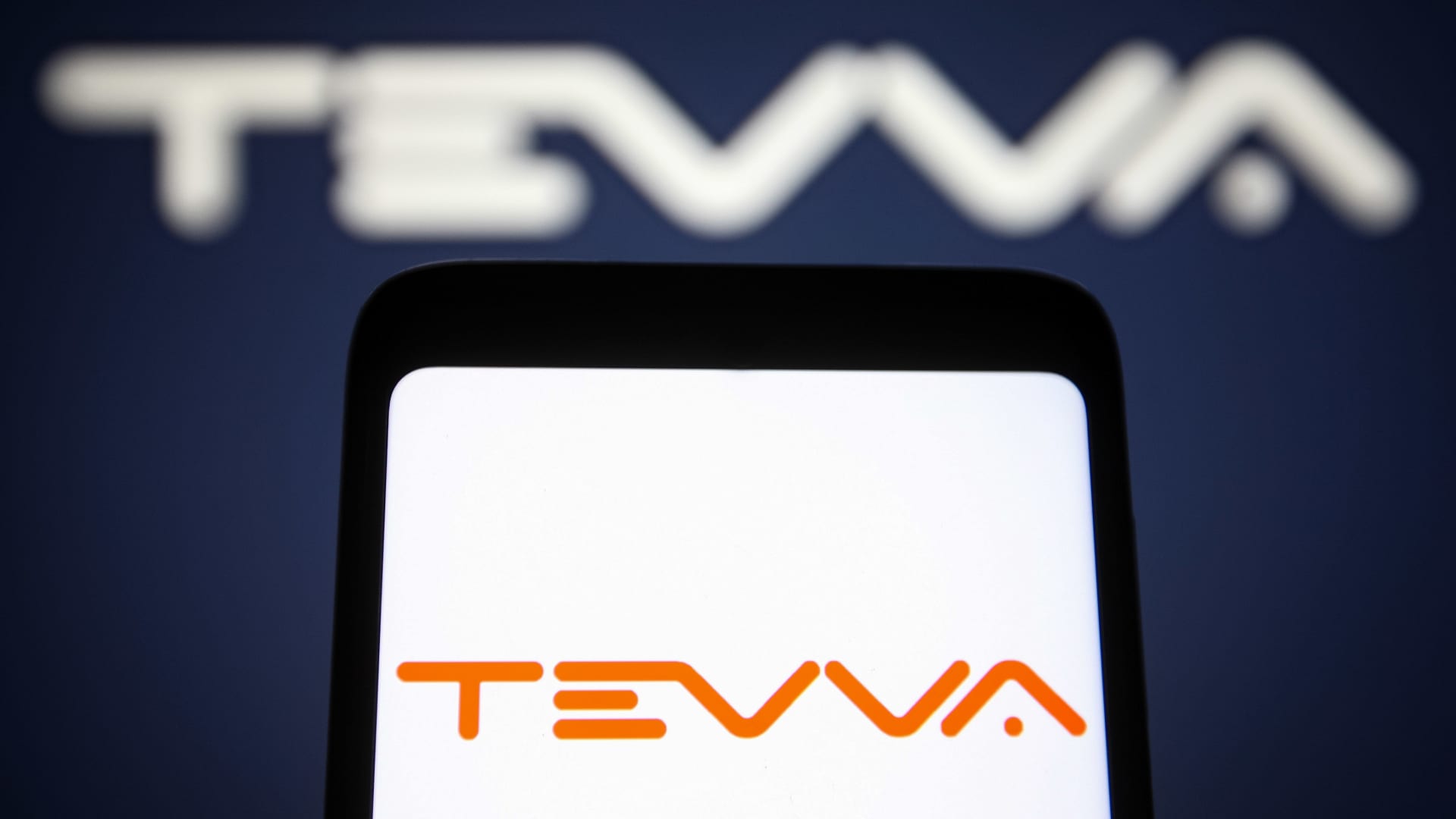U.K.-based startup Tevva on Thursday launched a hydrogen-electric heavy goods vehicle, becoming the latest company to make a play in a sector attracting interest from multinationals like Daimler Truck and Volvo.
According to Tevva, which says it has raised $140 million in funding, its vehicle will have a range of as much as 310 miles, or slightly under 500 kilometers.
Refilling the hydrogen tanks will take 10 minutes while charging the battery “from fully depleted to 100%” will take five to six hours.
The company’s first hydrogen-electric truck will weigh 7.5 metric tons, with later versions planned to weigh 12 and 19 metric tons.
In a statement, Tevva sought to explain the rationale behind combining a fuel cell and battery. “The fuel cell system tops up the battery, extending the vehicle’s range and allowing the truck to carry heavier loads over longer distances.”
Alongside its hydrogen-electric truck, the business has also developed an electric truck that it says has a range of up to 160 miles. Details of both the electric and hydrogen-electric trucks had been previously announced by Tevva.
In an interview with CNBC’s “Street Signs Europe” on Thursday, Tevva CEO Asher Bennett was asked whether his company was looking to diversify into smaller vehicles.
“We’re not interested in developing the smaller vans or the pickup trucks,” Bennett said. “Those are, in many instances, very similar technology to the larger EV sedans, which work very well,” he added.
“We’re very focused on the heavy goods trucks and we’re slowly going heavier and heavier because those are the segments that are much harder to electrify.”
With governments around the world looking to reduce the environmental footprint of transportation, a number of companies in the trucking sector are exploring ways to develop low and zero-emission vehicles, including ones that use hydrogen.
Last month, Volvo Trucks said it began to test vehicles that use “fuel cells powered by hydrogen,” with the Swedish firm claiming their range could extend to as much as 1,000 kilometers, or a little over 621 miles.
Gothenburg-headquartered Volvo Trucks said refueling of the vehicles would take under 15 minutes. Customer pilots are set to begin in the next few years, with commercialization “planned for the latter part of this decade.”
Alongside hydrogen fuel cell vehicles, Volvo Trucks — which is part of the Volvo Group — has also developed battery-electric trucks.
Like Volvo Trucks and Tevva, Daimler Truck is focusing on both battery-electric vehicles and ones that use hydrogen.
In an interview with CNBC last year, Martin Daum, chairman of the board of management at Daimler Truck, was asked about the debate between battery-electric and hydrogen fuel cells.
“We go for both because both … make sense,” he replied, before explaining how different technologies would be appropriate in different scenarios.
While there is excitement in some quarters about the potential of hydrogen-powered vehicles, there are hurdles when it comes to expanding the sector, not least when it comes to the development of adequate refueling infrastructure. The way hydrogen is produced is also an issue.
Both of these points were acknowledged by Volvo Trucks in June when it pointed to challenges including the “large-scale supply of green hydrogen” as well as “the fact that refueling infrastructure for heavy vehicles is yet to be developed.”
Hydrogen can be produced in a number of ways. One method includes using electrolysis, with an electric current splitting water into oxygen and hydrogen.
If the electricity used in this process comes from a renewable source such as wind or solar then some call it “green” or “renewable” hydrogen. Today, the vast majority of hydrogen generation is based on fossil fuels.
For its part, Tevva said it would help its customers “access sustainable and affordable hydrogen supplies safely and conveniently, alongside their purchase or lease of Tevva Hydrogen Trucks.”

ivermectine online – ivermectin 3mg otc carbamazepine 200mg ca
buy zithromax 250mg sale – tindamax drug bystolic 5mg tablet
order gabapentin generic – anafranil 25mg pills itraconazole 100mg for sale
buy furosemide online – buy generic furosemide for sale betamethasone usa
order augmentin 1000mg online – buy clavulanate buy cymbalta 20mg generic
order tadalafil 10mg online – cheap viagra pills sildenafil without a doctor’s prescription
viagra 50mg oral – buy cialis generic order tadalafil 20mg
order cenforce 100mg pill – cenforce online buy glycomet pills for sale
how to get prilosec without a prescription – buy generic omeprazole over the counter how to get tenormin without a prescription
order desloratadine online – dapoxetine 90mg sale buy generic priligy over the counter
buy misoprostol generic – cheap diltiazem 180mg brand diltiazem 180mg